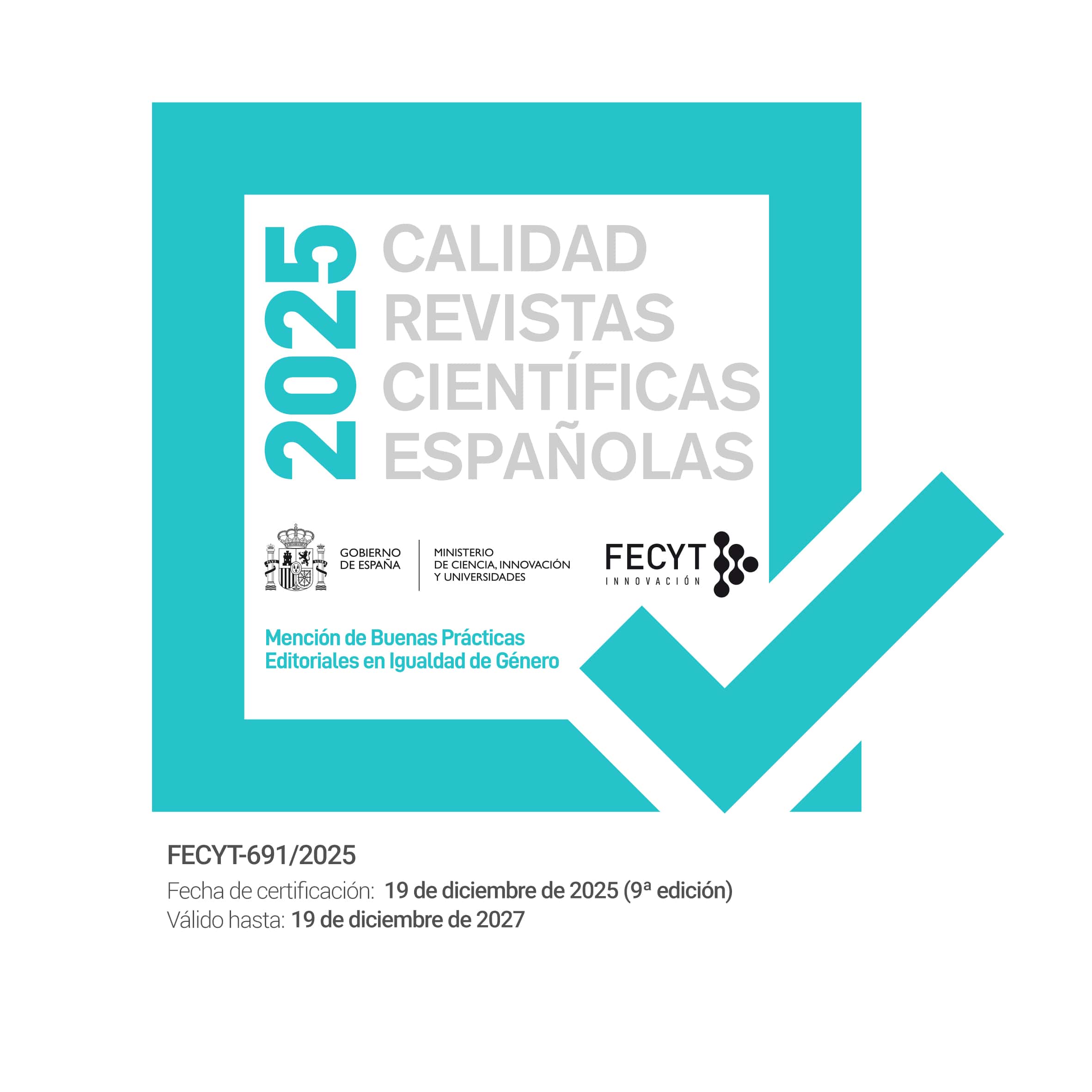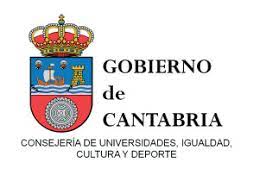The "deep and dark valley" of positive religions and religious conventions. Faith, reason and Catholicism in the work of Rosario de Acuña (1850-1923)
DOI:
https://doi.org/10.55422/bbmp.817Keywords:
Free thinker, Intellectual, Anticlericalism, SpirituallityAbstract
Rosario de Acuña (1859-1923) a progressist intelectual, freethinker and freemason, closely related to Krausism, embodies the voice of a committed and audacious woman who denounced the antiliberal wrongs and the inertia of the Spanish society. She was kown as a poet, essayist and journalist who published a wealth of press articles and a significant private correspondence. Her uncompromising committment as a defender of liberty, social justice, the close ties she developped with Republicans and Democrats and her long lasting collaboration with the anticlerical newspaper, Las Dominicales del Librepensamiento (1883), sparked the resentment and the inquisitiveness of the conservative and ultracatholic sectors. She relentlessly challenged the power of the Spanish Church and the intellectual and spiritual submission of believers and women to the Church’s representatives and religious norms. She harboured persistent doubts about specific forms of faith while hungering for spiritual sustenance and authenticity.
Downloads
Publication Facts
Reviewer profiles N/A
Author statements
Indexed in
- Academic society
- Sociedad Menéndez Pelayo
- Publisher
- Sociedad Menéndez Pelayo
Global Statistics ℹ️
|
272
Views
|
165
Downloads
|
|
437
Total
|
|
References
ACUÑA, Rosario de. (2007-2009). Obras reunidas, 5 vols., José Bolado (ed.). Oviedo. KRK.
ALAS, Leopoldo. (2014). La Regenta. Gonzalo Sobejano (ed.). Madrid. Clásicos Castalia.
CALLAHAN, William. J. (1989). Iglesia, poder y sociedad en España, 1750-1874. Madrid. Nerea.
DÍAZ MARCOS, Ana María. (2019). «“Su Dios no satisface a mi razón”: mujer, ateísmo y fe en la obra de Rosario de Acuña». Rosario de Acuña, Hipatía (1850-1923). Emoción y razón. Elena Hernández Sandoica (ed.). Madrid. Abada Editores. 127-158.
HIBBS, Solange. (2007). «Tous les chemins mènent à Dieu: l’Église et les femmes dans la deuxième moitié du XIXe siècle». Femmes et démocratie. Les Espagnoles dans l’espace public (1868-1978). Marie-Aline Barrachina, Danièle Bussy-Genevois et Mercedes Yusta (eds.). Nantes. Editions du Temps. 43-59.
HIBBS, Solange. (2009). «El pensamiento utópico de Rosario de Acuña (1850-1923)». Le temps des possibles (Regards sur l’utopie en Espagne au XIXe siècle). Jacques Ballesté et Solange Hibbs (eds.). Carnières-Morlanwelz. Lansman Editeur. 147-163.
HIBBS, Solange. (2011). «La naturaleza como vía de conocimiento y de regeneración en la obra de Rosario de Acuña (1850-1923)». La naturaleza en la literatura española. Dolores Thion Soriano-Mollá (ed.). Vigo. Editorial Academia del Hispanismo. 183-212.
HIBBS, Solange. (2019). «“La higiene es una religión humana…”. Regeneración, salud e higiene en España en el siglo XIX». Literatura y medicina: teoría y praxis (1800-1930). Vol. I. Jorge Avilés Diz y José Manuel Goñi Pérez (eds.). Madrid. Ediciones de la Torre. 101-125.
HERNÁNDEZ SANDOICA, Elena. (2019). «Introducción». Rosario de Acuña, Hipatia (1850-1923). Emoción y razón. Elena Hernández Sandoica (ed.). Madrid. Abada Editores. 9-41.
SIMÓN PALMER, María del Carmen. (2007). «Los inicios de la actividad pública feminina: las asociaciones». Femme et démocratie: les Espagnoles dans l’espace public (1868-1978). Florence Belmonte (ed.). Paris. Ellipses. 50-68.
SUÁREZ CORTINA, Manuel. (2014). Entre cirios y garrotes. Política y religión en la España contemporánea, 1808-1936. Madrid. Ediciones de la Universidad de Castilla-La Mancha-Ediciones Universidad Cantabria. DOI: https://doi.org/10.22429/Euc2014.007
Downloads
Published
How to Cite
Issue
Section
License

This work is licensed under a Creative Commons Attribution-NonCommercial 4.0 International License.








